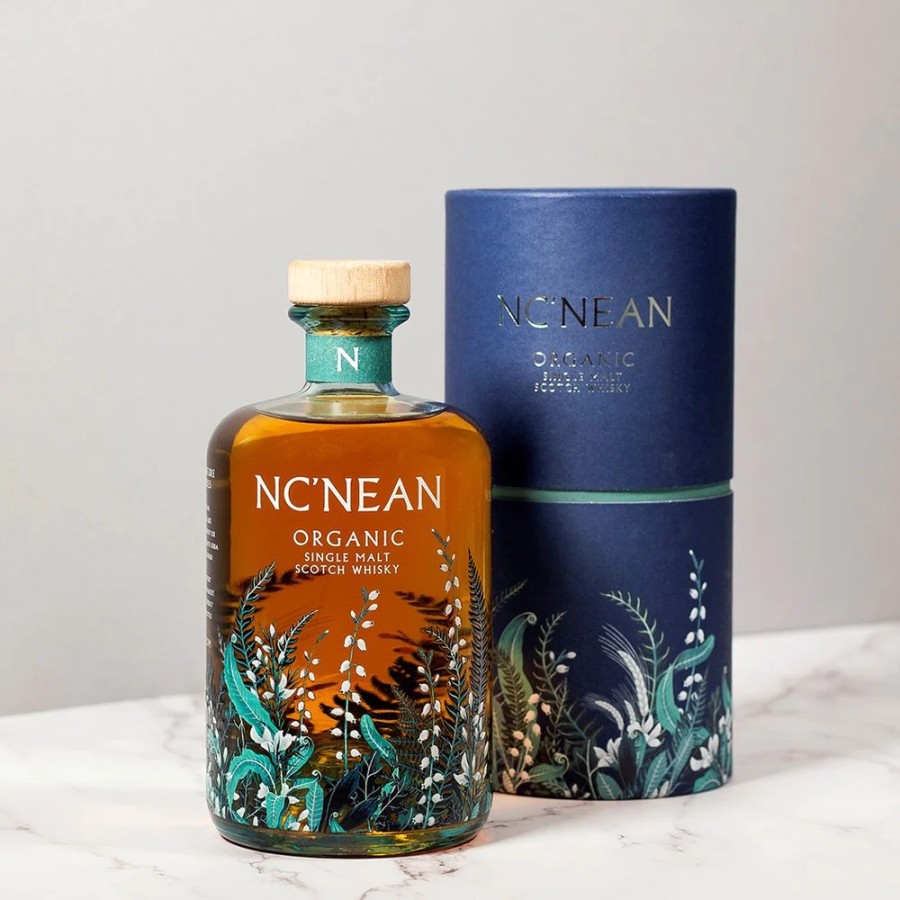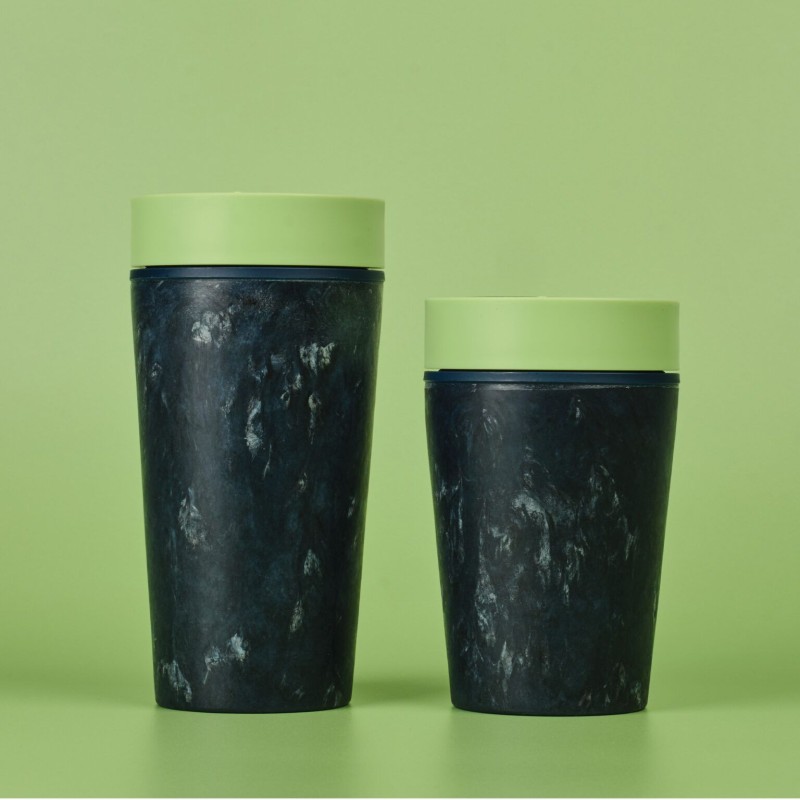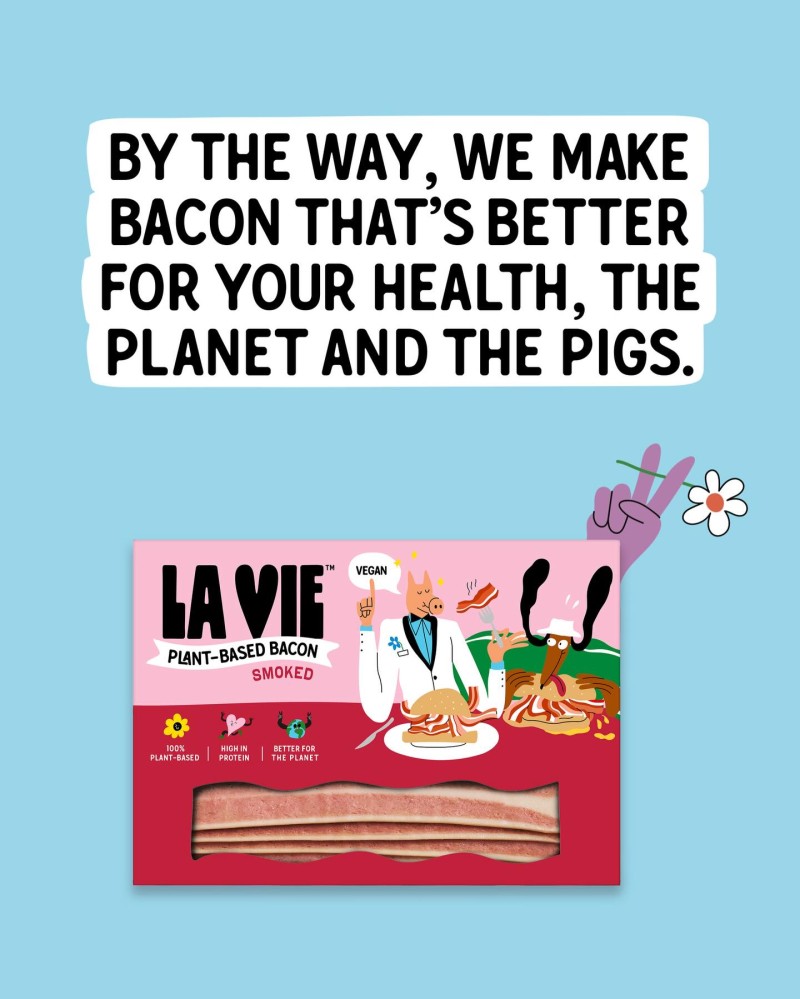Vegan Cornish Pasties (apparently not allowed!)
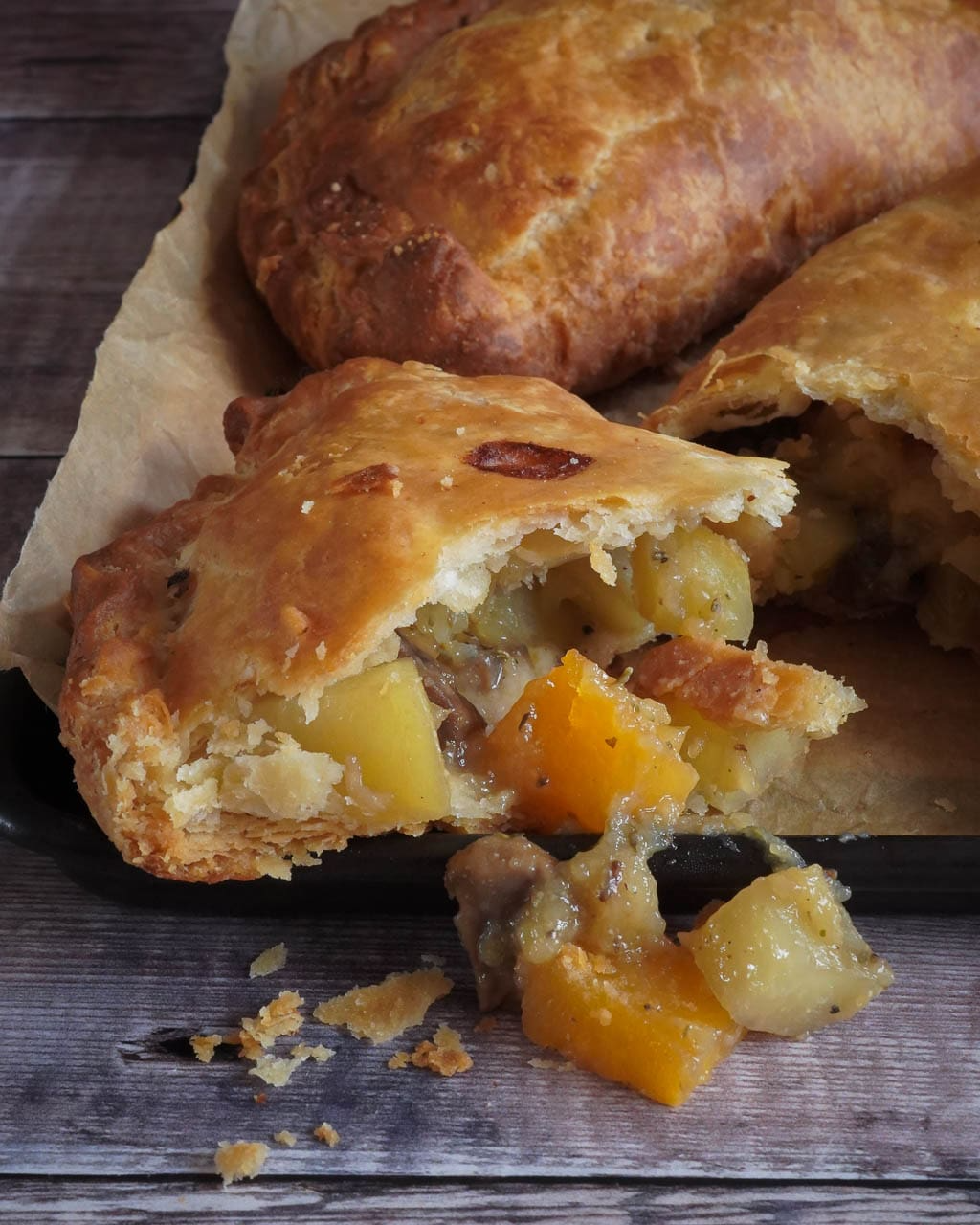
It’s amazing how so many people get upset, by people who simply want to eat vegan alternatives to meat traditional meals.
Nobody in England wants factory farming, but (and let’s say this once more with feeling), in a land of 60 million people, there is not enough land for everyone to eat free-range.
So for people who eat meat, eat free-range pasties. But for the rest of us, it’s perfectly fine to eat things that taste like meat, as long as they are made with natural ingredients and free from palm oil (and in easy-to-recycle packaging).
The History of Cornish Pasties
Around 6% of Cornish income is from selling pasties, and they are also very popular nationwide. We are not really a land of salad-munchers. So especially in cold weather (or if you’re a builder), a big sturdy pasty filled with swede, potato and onion, is understandably sounding tasty.
A traditional pasty contains beef mince (but no carrot apparently – that’s like putting pineapple on an Italian pizza!) And a bit like champagne in France, you are not allowed to call it a ‘Cornish pasty’ unless it’s made in Cornwall.
That’s why if you visit a national baker (like Greggs), you’ll never see a ‘Cornish pasty’ as by law they are not allowed to call it that.
Invented for miners, the original pasties were half-meat and half-fruit. The idea was (just as Scottish wives invented ‘porridge slabs for their husbands’ which were kept in a drawer), miners had a filling portable lunch.
The ‘crimped edge’ was so the pasty was easy to hold, then it was ‘thrown to the ghosts’ in the mines, after eating.
Does the Cornish Pasty Law Support Local Artisans?
That’s the theory, but it doesn’t really work that way. If a local pasty maker is using palm oil (in nearly all commercial pasties) to sell, then the ingredients are coming from Indonesia, where deforestation is harming orangutans and other endangered creatures.
Yet a few years ago, a local artisan in Cornwall (who was supporting local farmers by purchasing swede , potato and onion) had to close her business down, because her ‘vegan pasty’ company was told it was not Cornish!
The meat is nearly all Cornish pasties these days is from factory farms. Saying meat is ‘British’ or carries Red Tractor or RSPCA assurance is not good enough. Only certified free-range meat is trusted.
Then the pasties are wrapped in plastic.
The Infamous Cornish Pasty Tax
When the Cameron government was in power, George Osborne famously decided to create a tax on Cornish pasties (and all hot takeaway food). There was such a backlash, that the Chancellor had to do a massive U-turn.
David Cameron then tried to be a ‘man of the people’, by saying he had tried a Cornish pasty at Leeds railway station and he had ‘enjoyed it very much’. An investigation by a newspaper found that Leeds railway station no longer sold Cornish pasties.
Things then got even worse (remember this was a time of austerity when people were struggling to eat) by telling a journalist that he owned a £100 Panasonic bread maker and like to use Cotswolds Crunch artisan flour. A bit like when Rishi Sunak was asked if he knew the price of bread, and answered that he and his family enjoyed a wide range of healthy artisan breads.
Many MPs have been caught out as being out of touch with the great British public. Once in the northeast, former MP Peter Mandelson mistook a cup of mushy peas at a chip shop for ‘guacamole!’
Make Your Own Vegan Pasties Instead!
It’s empowering to be a peaceful troublemaker, isn’t it?! The answer is obviously just to make your own pasties. They will be kinder, cheaper, tastier and support British farmers, far more than the store-bought ones. And cholesterol-free too, so better for your heart. And lower in calories. Which means you can eat more of them!
Read up on food safety for people and pets (fresh dough and onion are unsafe near animal friends). Bin allium scraps (onion, garlic, leeks, shallots, chives) as acids may harm compost creatures (same with tomato/citrus/rhubarb scraps).
A simple recipe for four (big!) vegan pasties:
Peel and dice 2 potatoes and 1/2 a swede, then boil in water for 4 minutes, drain and cool. Mix with a little fried onion and vegan beef-style mince in a bowl, along with salt, pepper and a little dried thyme.
Roll out some homemade vegan puff pastry (use Flora baking block as it’s free from palm oil) into four large circles, and add the filling to one half, leaving a border to brush with plant milk and use a fork to crimp the edges. Cut steam vents in the top, then bake for around 40 minutes in a pre-heated oven on a lined tray.
For food safety, use a food thermometer to check the centre is above 75°C. Cool baked pasties on a rack for 10 minutes. They will keep in the fridge in an airtight container, for up to three days.
Homemade Vegan Cheese & Onion Pasties
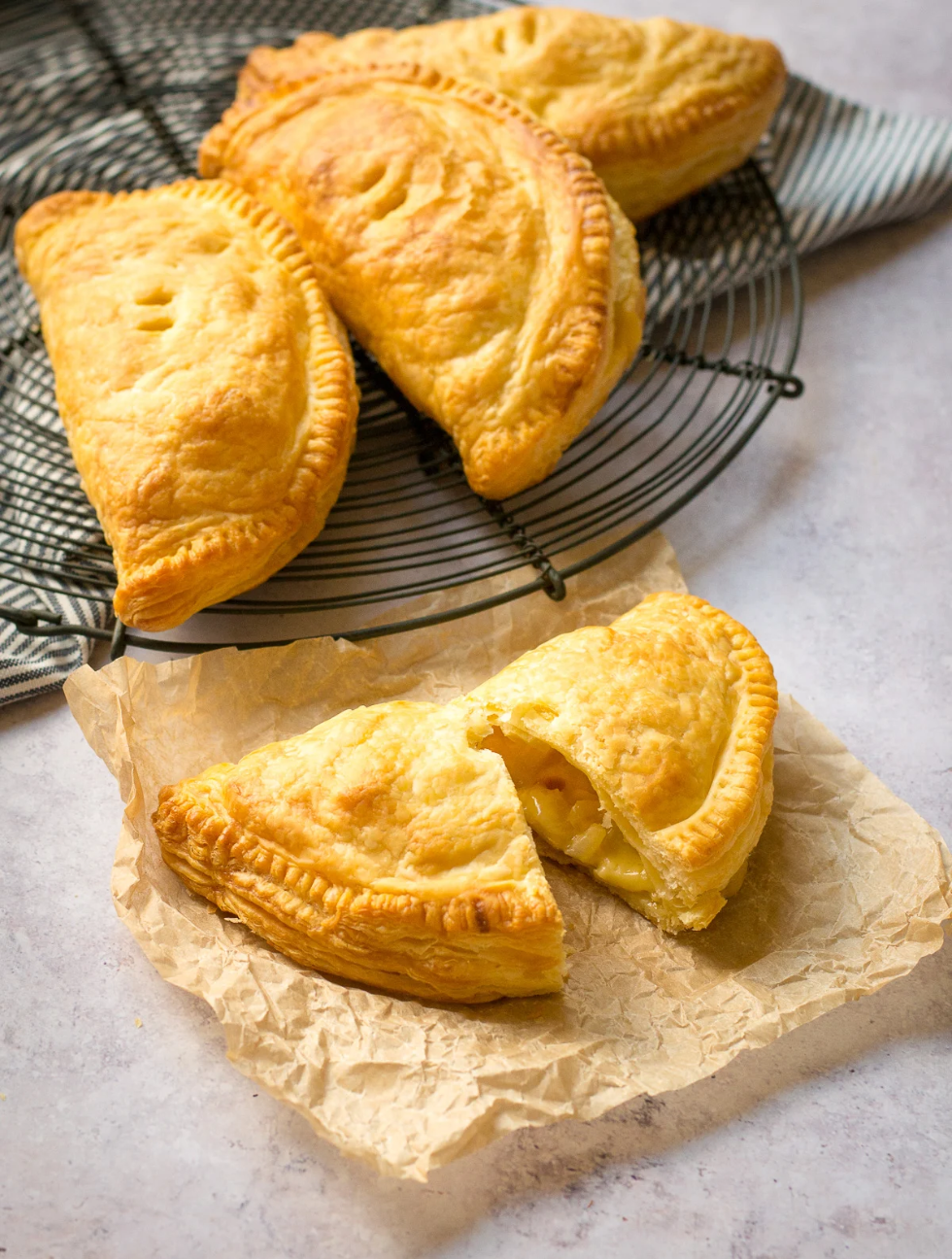
Try these vegan cheese and onion pasties (The Veg Space) which have a nice creamy filling. Kate also has a nice list of possible pasty fillings, if you want to vary things up a bit.
One of her favourites is to make a Scottish Rumbledthump pie, a combo of mashed potato, cabbage and vegan cheese! Who knew?
Where to Buy Vegan Pasties (with no palm oil)
The Vegan Pasty Company offers pasties that tick all the boxes, as these are all free from palm oil. Sold in boxes to freeze, there are vegan meat pasties, plus ones made with more natural sweet potato and bean, and also smoked vegan cheese pasties.

